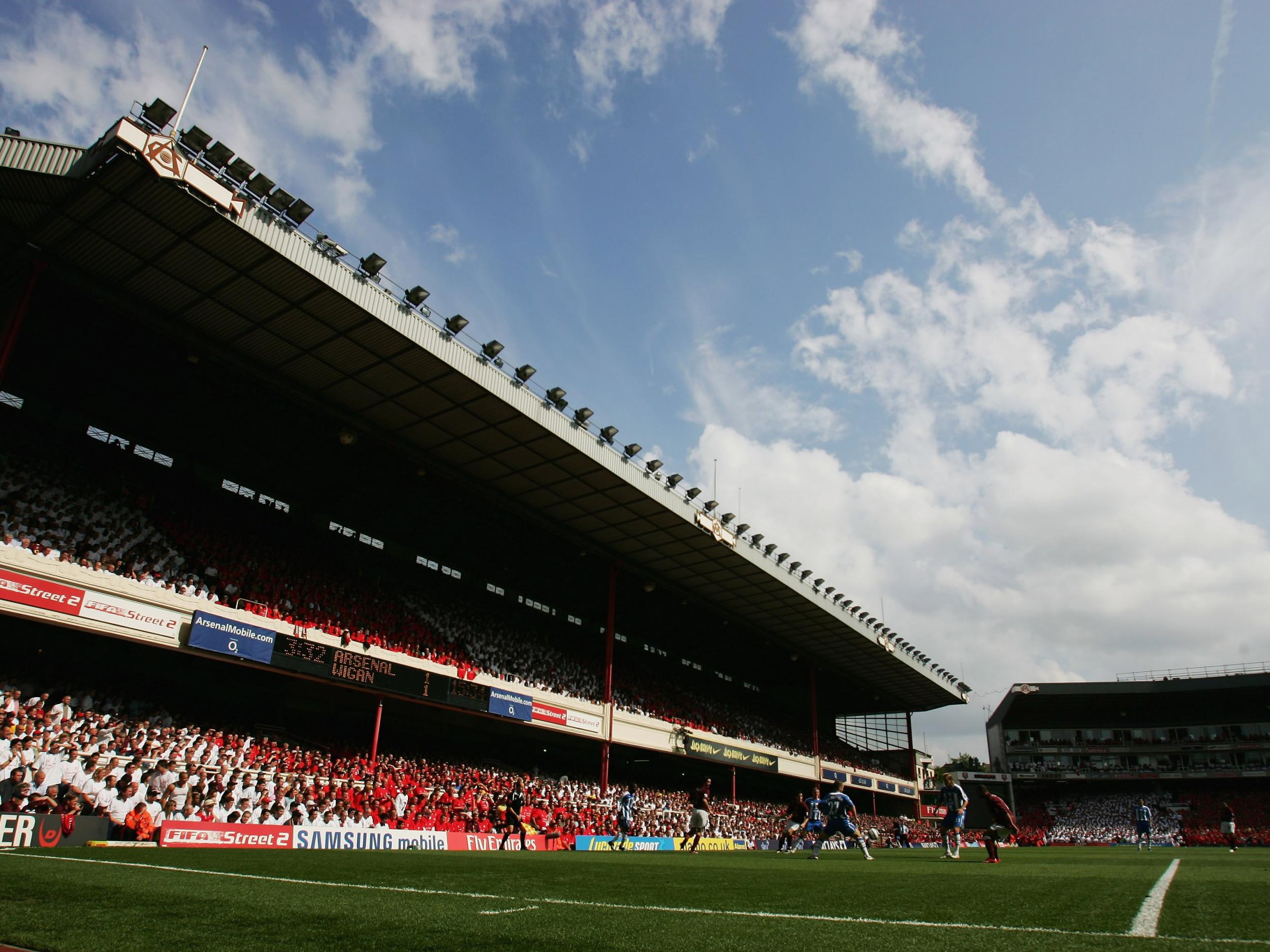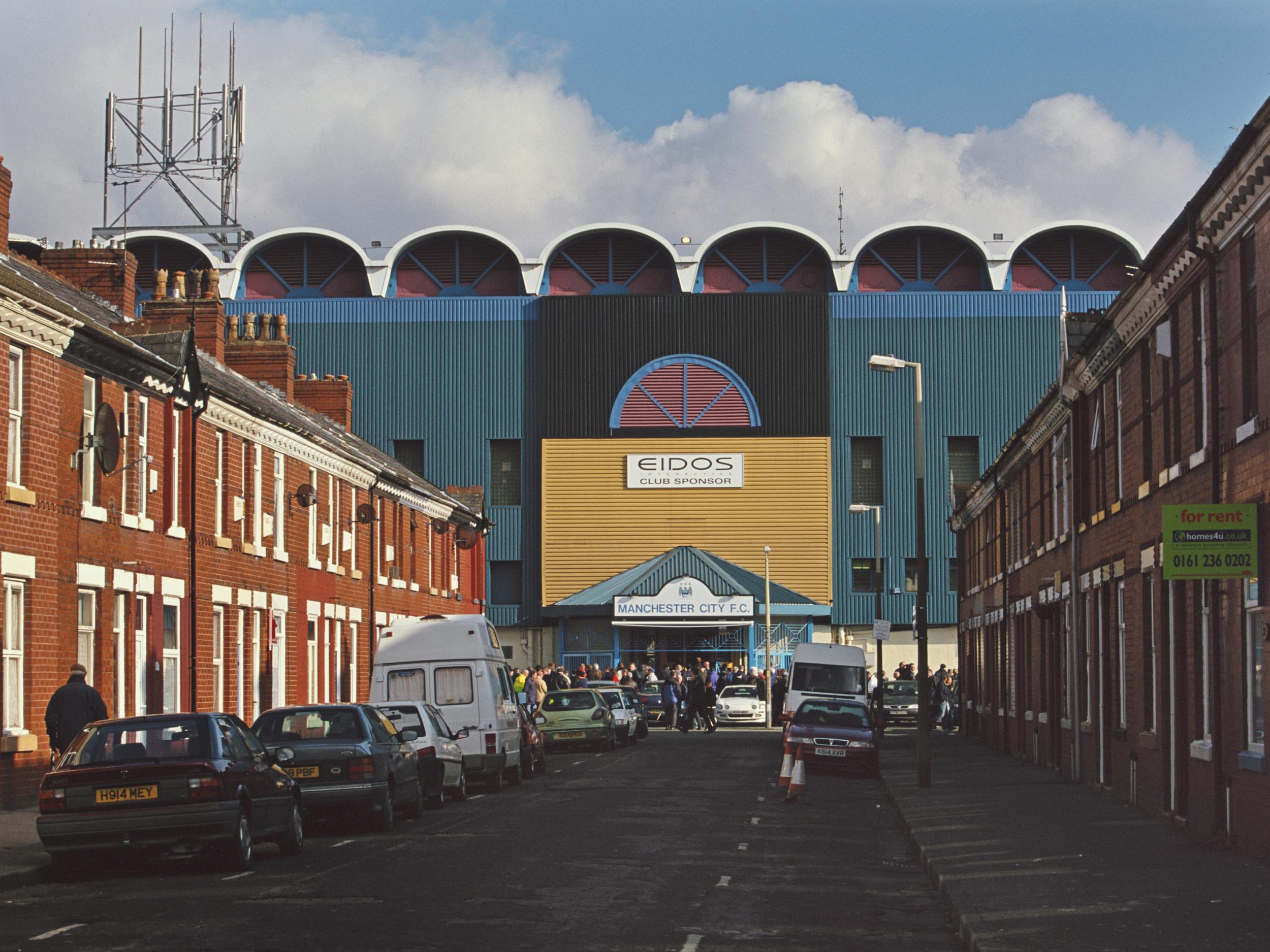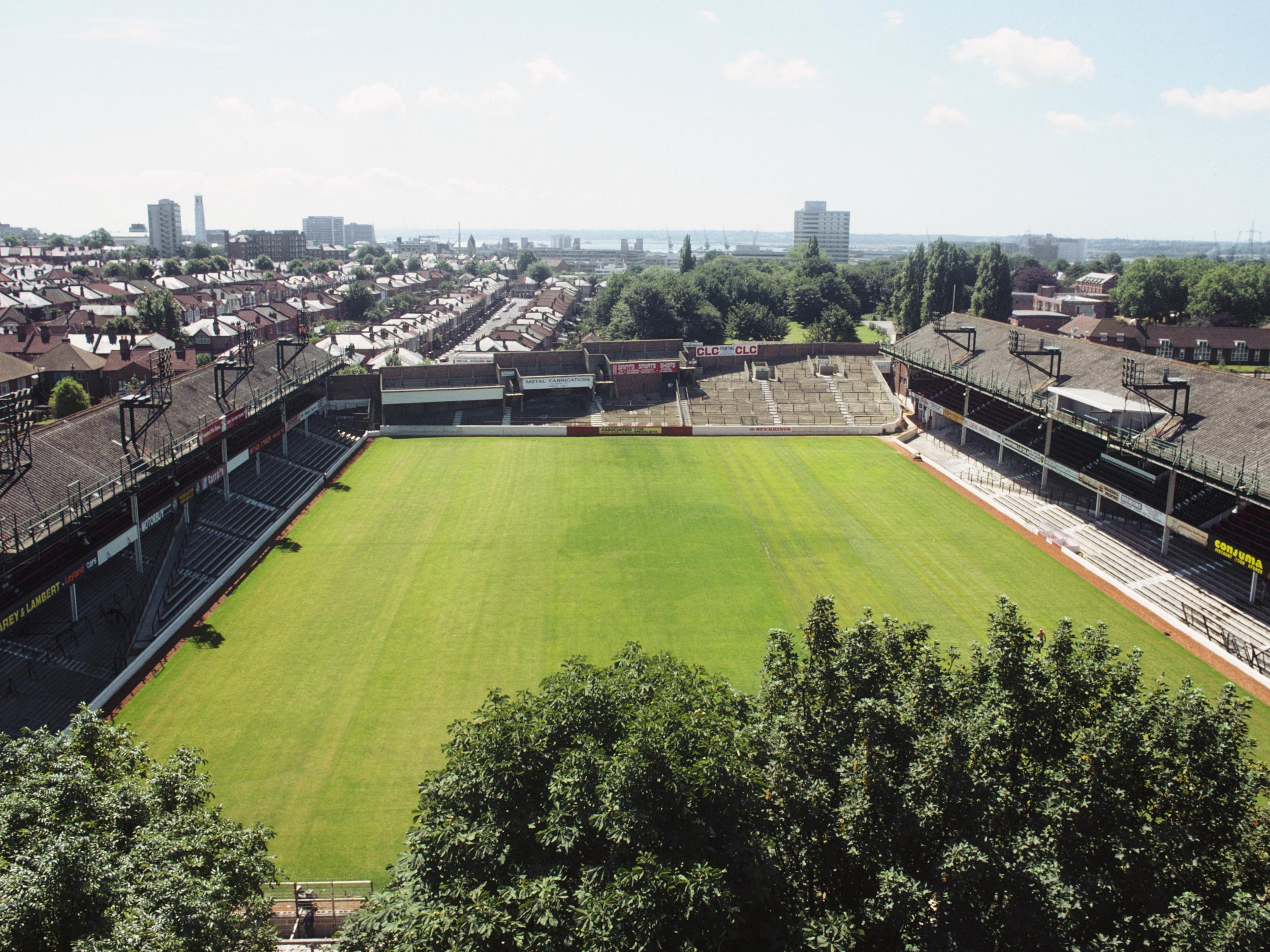Tottenham's new stadium moves closer - but how have other Premier League teams fared after moving stadiums?
Tottenham Hotspur will not be the first Premier League team to move to a new home, but how did switching stadiums impact on other teams?
Tottenham Hotspur chairman Daniel Levy has handed over the keys to White Hart Lane to a constructing company, the day after he watched his side beat Manchester United 2-1 in the last match at the stadium.
Spurs will play their home games at Wembley Stadium next season, as they wait for construction work on their new ground to finish.
The club have a particularly poor record at the national stadium, leading many supporters to feel understandably nervous ahead of the next campaign.
But how have other Premier League clubs coped after switching stadiums? Here, Independent Sport takes a look at the ten other current top-flight clubs to have moved homes.

West Ham: From Upton Park to the London Stadium
West Ham’s first year at the London Stadium has not gone according to plan. They won only 7 of their 18 league games at the former Olympic Stadium, and flirted with relegation for long periods of the season.
Arsenal: From Highbury to the Emirates Stadium
Arsenal made a slow start to life at the Emirates, drawing their first two matches at the ground, against Aston Villa and Middlesbrough respectively. But they eventually finished 4th, repeating their finish from the preceding season.

Swansea: From Vetch Field to the Liberty Stadium
The Welsh side took to their new home like a duck to water. In their first season in League One after winning promotion from League Two, they finished 6th and qualified for the play-offs, losing to Barnsley on a penalty shootout in the final.
Manchester City: From Maine Road to the City of Manchester Stadium
City struggled in their first season at the City of Manchester Stadium. Attendances weren’t bad – the club enjoyed the third highest attendance in the league – but the club slumped to 16th in the table, having finished 9th the year before.

Hull: From Boothferry Park to the KCOM Stadium
Hull’s move to a new 25,586-capacity stadium appeared to inspire their team. Having finished in a middling 12th in the Third Division in their final season at Boothferry Park, they won promotion in their debut campaign in the KC.
Leicester City: From Filbert Street to the King Power Stadium
Leicester’s last season at the Filbert wasn’t a happy one, as they finished rock-bottom of the Premier League and suffered relegation. But they bounced back into the top-flight in their first season at their new home, finishing behind champions Portsmouth.
Southampton: From The Dell to St Mary’s Stadium
Southampton started the 2001/02 season disastrously after their move to St Mary’s, with Stuart Gray being fired half-way through the season. Gordon Strachan came in and steadied the ship, with the club finishing the season in 11th.

Sunderland: From Roker Park to the Stadium of Light
Sunderland only won two of their first five league games at the stadium, but then went on a fine run at their new ground and lost only two matches there all season. They would go on to finish third in Division One, before losing the playoff final to Charlton on penalties.
Stoke City: From the Victoria Ground to the Bet356 Stadium
Stoke’s move was a disaster at first. They lost the first game at their new stadium 2-1 against Swindon. After Christmas they lost a home match to Birmingham 7-0 and eventually finished 23rd, enduring relegation to Division Two.
Middlesbrough: From Ayresome Park to the Riverside Stadium
Middlesbrough performed well enough in their debut season at their new stadium, and won their first ever league match there: 2-0 against Chelsea. In fact they didn’t lose a Premier League match there until late November, when Spurs beat them 2-1. They would go on to finish 12th.
Join our commenting forum
Join thought-provoking conversations, follow other Independent readers and see their replies
Comments
Bookmark popover
Removed from bookmarks